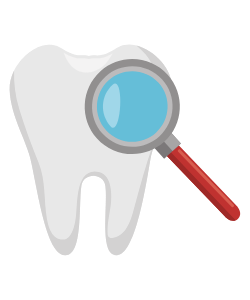If you have lost several teeth to decay or trauma, dental implants are the most reliable way to replace them. In an otherwise healthy mouth, it should take about 4-6 months for your implants to integrate fully with your jawbone. However, certain conditions can slow down the healing process. Before you get your dental implants, it's important to understand what might hinder your healing.
1. Constant Dehydration
As your dental implants heal, it's very important that you stay hydrated. When it comes to the healing process, your saliva plays a very important role. Not only is saliva a highly efficient antibacterial agent, but it also helps to speed up the healing process. If your job or hobby makes you sweat a lot, make sure you rehydrate afterward.
The more you sweat, the less saliva you will produce. In turn, this will slow down the healing process.
2. Poor Quality Sleep
When you don't get enough sleep, your body actually begins to turn on itself, attacking healthy cells instead of combating infection as it should. This increases inflammation throughout your body. Since your implants take 4-6 months to heal, not sleeping enough could severely hamper your efforts to heal.
3. Regular Smoking
Smoking reduces blood flow to all parts of your body. This is important because in order for your dental implant sites to heal as they should, your body needs to supply them with a steady supply of blood. The white blood cells in blood help to heal wounds. But smoking regularly will compromise their ability to do so. Try to stop or at least cut down on smoking before you get dental implants.
4. Frequent Junk Food Binges
Junk food or processed food, such as chips, soft drinks and fried foods, contain simple sugars and carbohydrates. Oral bacteria are able to break these down into easily digestible chunks. However, once they have digested these foods, oral bacteria secrete an acidic residue that attacks your teeth and gums. This acid will slow down the healing process, and it could infect your implant sites.
5. Poor Health
Before you decide to get implants, you should go for a medical checkup with your doctor. Conditions like diabetes, cardiovascular disease and rheumatoid conditions slow down the healing process. Gum disease may also prevent you from getting dental implants until you have treated the condition. It helps to know the state of your health before you commit so that you can plan.
If you plan to invest in dental implants to improve your oral health and appearance, make sure you understand how your actions might affect the healing process.
To learn more about dental implants, contact a dentist.
Share
